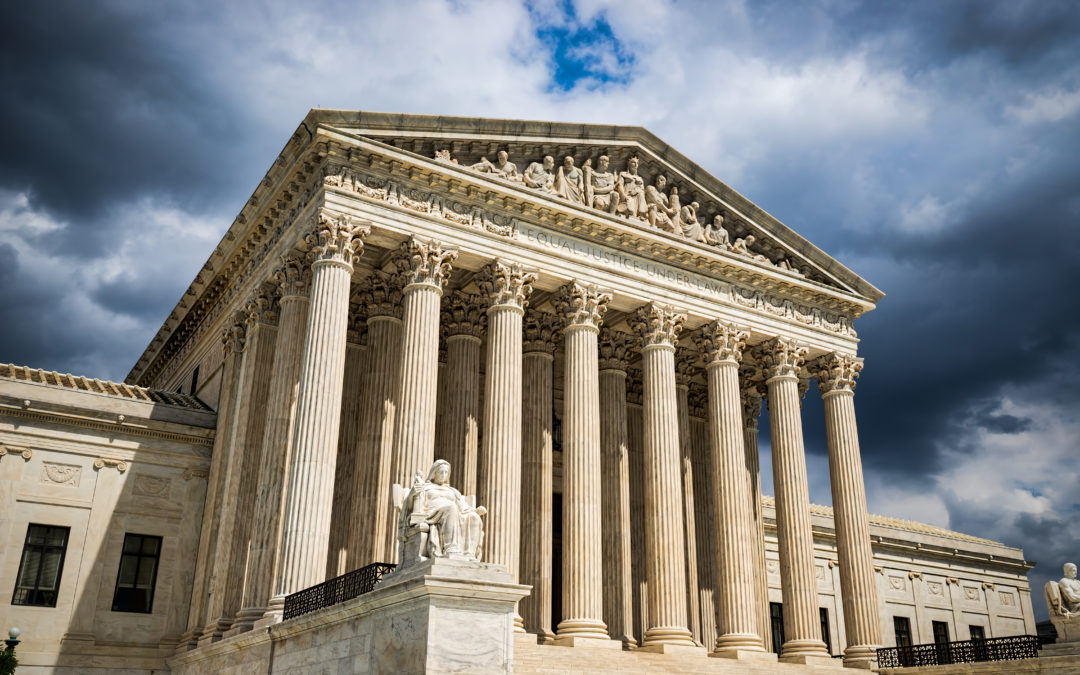On February 26, 2020, the United States Supreme Court issued a unanimous opinion holding that, for purposes of ERISA’s three-year statute of limitations for fiduciary breach claims, participants in a retirement plan have “actual knowledge” of information only if they are in fact aware of that information. A participant does not have “actual knowledge” if he or she does not recall being aware of the information, even if the administrator can demonstrate it provided the information to the participant.
The statute in question—29 U.S.C. § 1113(2)—requires plaintiffs with “actual knowledge” of an alleged fiduciary breach by a plan administrator to file suit within three years of gaining that knowledge. (The statute also carries a six-year statute of repose, which was not at issue.) The Court affirmed the Ninth Circuit’s ruling that this statute “means what it says”: to have actual knowledge of a piece of information, one must in fact be aware of it.
The plaintiff in Intel Corporation Investment Policy Committee v. Sulyma was a former employee of Intel who participated in two Intel retirement plans during his employment. Through these plans, he invested in two funds managed by Intel’s Investment Policy Committee. Years later, he filed a lawsuit against the plan administrators, claiming they breached their fiduciary duties by allegedly over-concentrating the funds in alternative investments. The plaintiff received “numerous disclosures,” including some via email, explaining the extent to which his funds were invested in alternative investments. The plaintiff also “repeatedly” visited the website on which many of these disclosures were hosted. Nevertheless, he stated by declaration that he was “unaware” while working at Intel that his money had been invested in alternative investments. He also testified in his deposition that he did “not remember reviewing” the applicable disclosures.
The plaintiff filed his lawsuit more than three years after his receipt of these disclosures. The District Court granted summary judgment to the plan administrators, reasoning “[i]t would be improper to allow [plaintiff’s] claims to survive merely because he did not look further into the disclosures made to him.” The Ninth Circuit reversed, holding that “actual knowledge” means “what it says: knowledge that is actual, not merely a possible inference from ambiguous circumstances.” The Supreme Court affirmed.
The Court’s reasoning turned on Congress’s use of the qualifying word “actual.” The Court acknowledged that, in law, “knowledge” is not always actual knowledge; in many contexts, courts will impute knowledge—i.e., constructive knowledge—to a person who fails to learn something that a reasonably diligent person would have learned.
But the inclusion of the word “actual,” the Court reasoned, creates a distinction between “real knowledge” and “presumed knowledge or knowledge imputed to one.” By requiring “actual knowledge” for purposes of this statute, Congress signaled that the plaintiff’s knowledge must be more than “potential, possible, virtual, conceivable, theoretical, hypothetical, or nominal.”
The impact of this decision on plan administrators seeking the dismissal of stale claims is significant. With this decision, an ERISA plan participant can defeat a statute of limitations challenge with mere testimony that he “does not recall” being aware of the pertinent disclosures—despite overwhelming evidence that he received them.
Plan administrators will likely bemoan this high bar for the triggering of the statute’s three-year limitation period. The Court’s opinion, authored by Justice Samuel Alito, nevertheless offered some assurance that the three-year statute still has teeth. The Court observed that its decision does not foreclose any of the “usual ways” to prove actual knowledge—for instance, through admissions in sworn testimony or through inferences drawn from circumstantial evidence. (With respect to the latter, however, this decision would seem to erect a very high bar for the quantum and quality of circumstantial evidence sufficient to infer actual knowledge.)
The Court further noted that its decision does not preclude plan administrators from contending that evidence of “willful blindness” supports a finding of actual knowledge. It remains to be seen how lower courts going forward will judge the evidence of willful blindness in support of a finding of “actual knowledge,” as the Court now defines that term.
– Keesal, Young & Logan Securities Group
This information has been prepared by Keesal, Young & Logan for informational purposes only and is not legal advice. Transmission of the information is not intended to create, and receipt does not constitute, an attorney-client relationship between you and Keesal, Young & Logan. You should not act upon this information without seeking professional counsel.
